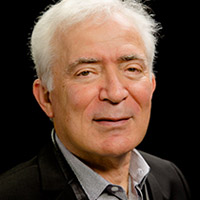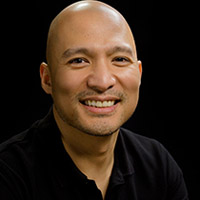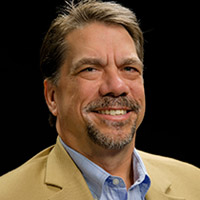Don’t Forget About These Important Tax Write-Offs

The saying goes that it’s the small victories that count. That saying can be especially true during tax time when for many taxpayers any chance to save even a few dollars more is considered a positive. Plus, when you add up enough of the small victories they can equal a significant reward. With that in mind, let’s look at some of the little tax deductions and write-offs that can make a difference when you file.
Most people are aware of some of the more common write-offs at tax time, like charitable donations, mortgage interest and real estate taxes, but there are many others and you should look into every possible write-offs you can find. One example is bad debt. This is debt incurred when you extend credit to someone with a payment plan agreement but that someone never pays you off. However, you must show that the debt really exists and that you have done enough to try to recover it in order to use it as a write-off.
Moving can be another write-off, so long as your move is more than 50 miles away and it was for a new job. That means any reasonable moving expenses, not counting meals, can be written off. Even if you didn’t move, your house can be another place to find deductions. Any eco-friendly upgrades you make to your home could qualify you for certain tax credits.
Two other write-offs that many people can use are business meals and mileage expenses. If you use your car for business, not counting your commute, then each mile is worth 57.5 cents for your 2015 taxes. Likewise, if you take a client or a job candidate out to lunch to discuss business then you can write that expense off as well.
These are just a few of the possible write-offs available to taxpayers. For more possibilities contact GROCO at 1-877-CPA-2006 or contact us online.
Building a Jewelry Company | Stephen Silver
About Stephen Silver Stephen Silver Fine Jewelry is considered one of the United States’ premier jewelry houses. Founder, Stephen Silver, is a gemologist, artist, and philanthropist. Toronto born, Stephen moved to the San Francisco Bay Area as a teenager. Intrigued by science and minerals from a young age, Silver studied geology at San Diego…
Rising from Rubble to Build an Empire | Jerry Brenholtz
About Jerry Brenholtz Jerry Brenholz co-founded ATR International, Inc. in 1988. He has been instrumental in developing ATR into an important provider of contract staffing for Information Technology. In his current role, he is responsible for establishing a corporate-wide vision and defining strategic direction. Prior to ATR, Jerry held various technical positions with General…
Serial Entrepreneur | Aldo Carrascoso
About Aldo Carrascoso Aldo Carrascosois the Founder and COO / CTO of Veem, a company that utilizes Blockchain to allow individuals to make cross border payments in local currencies. The company was conceptualized by Aldo when learned that individuals making cross border payments were having to pay up to 25% of the transfer amount…
Turning Tragedy into Positive Experiences | Gerald Carroll
About Gerald Carroll Gerald Carroll is a partner with Burnham Brown law firm in their Oakland office. He specializes in Construction and Professional Liability Law. Prior to coming to Burnham Brown, Jerry along with his partner ran their own law practice, Hartman and Carroll for 20 years. Jerry graduated with honors in English from…




